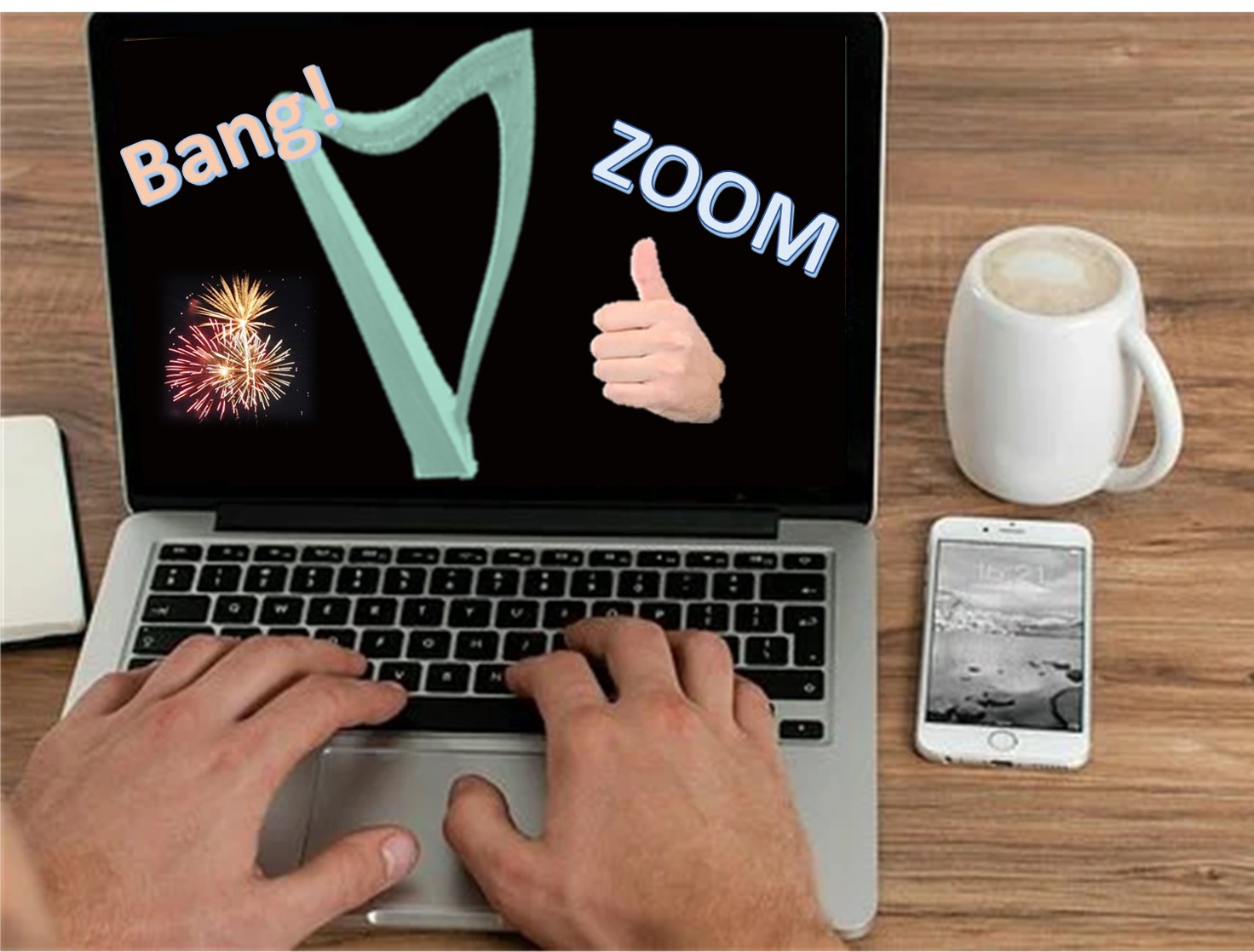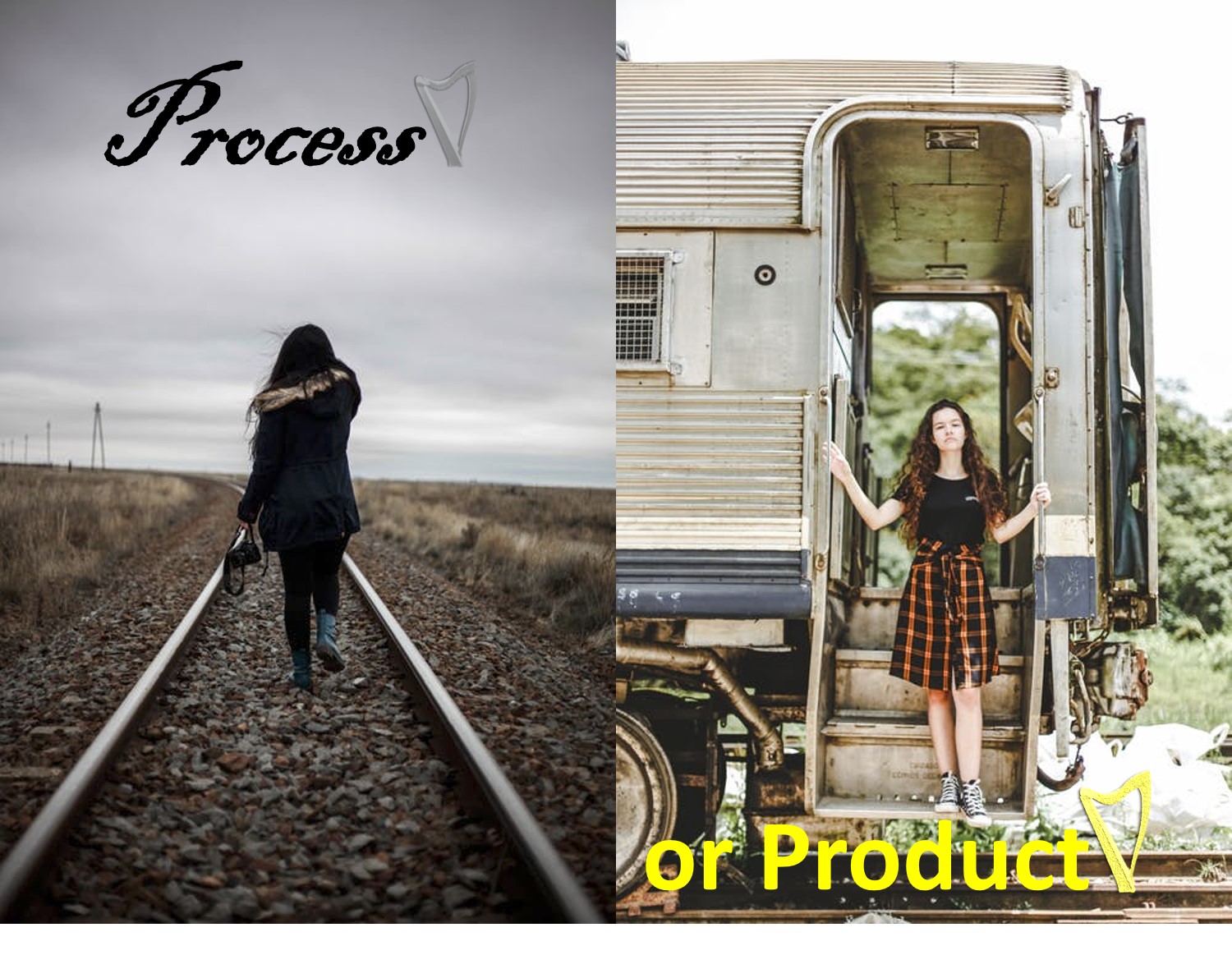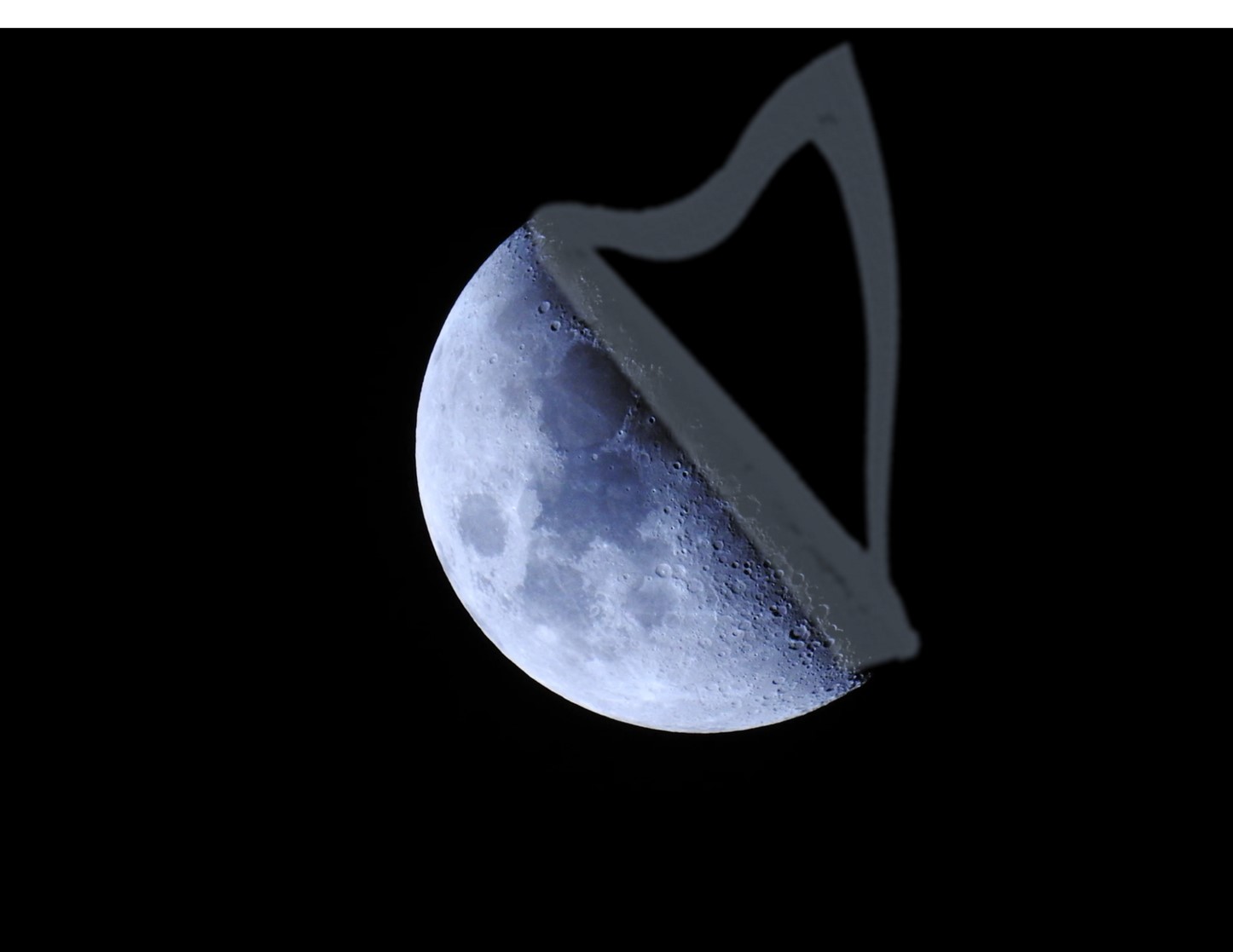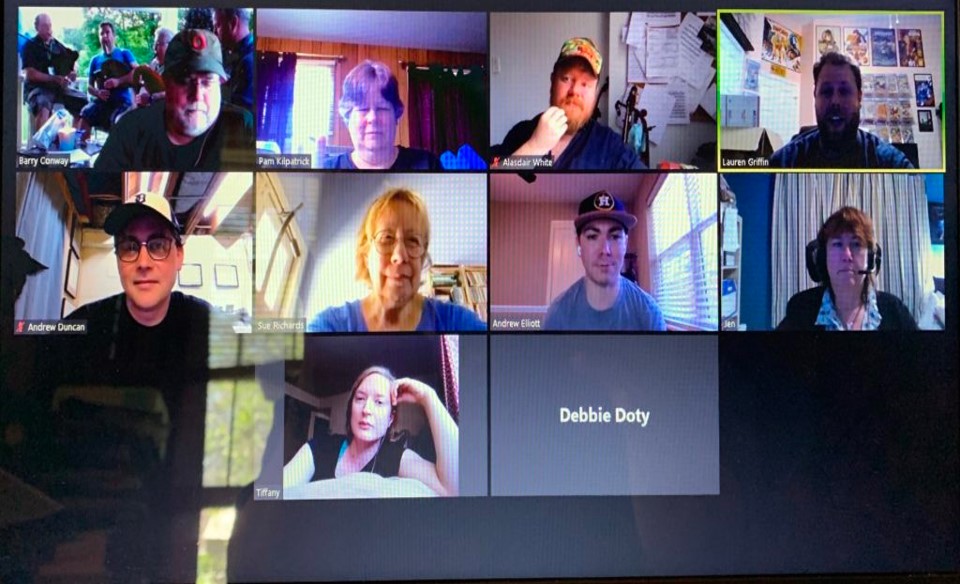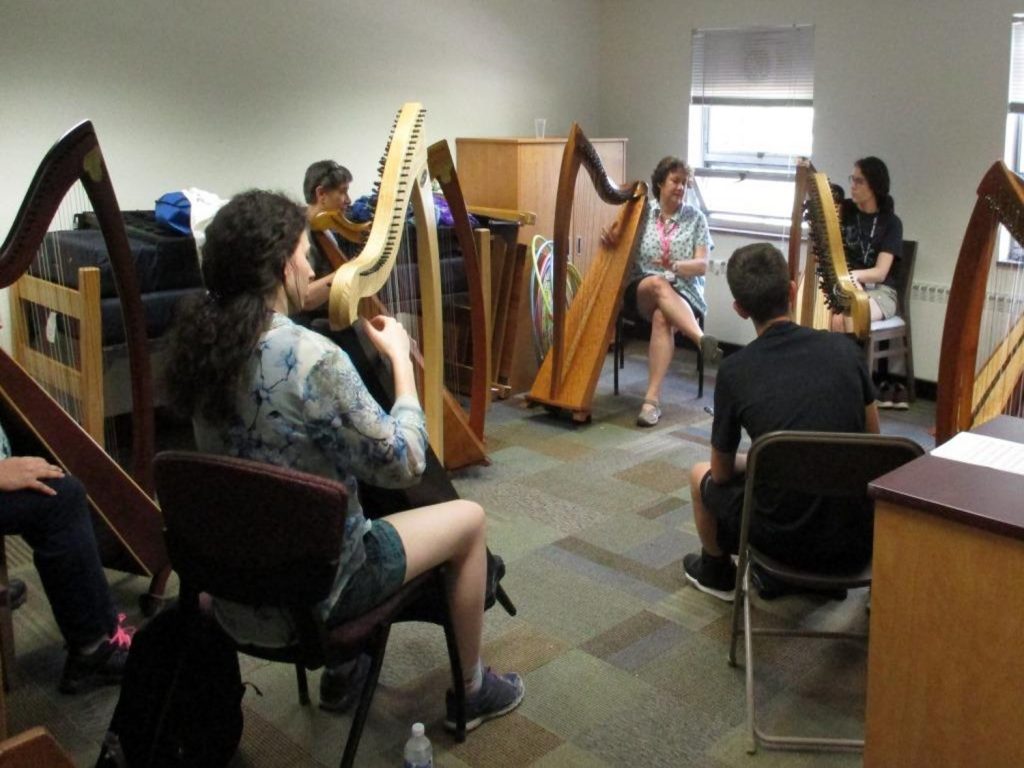I don’t know about you, but the days are flying past and I need to check in to see how I’m coming against the things I thought I wanted to do this year.
I realized, with a start, that we’re halfway through the second quarter of the year. That’s not bad, in and of itself, but it does mean that I completely missed my first quarter check-in.
Check please!
If I don’t check in, how do I know how I’m doing? How do I know if I need to step up my game or if I can coast?
Yes, this is a rhetorical question.
No, I never can coast.
I’m an inveterate To-Do list maker. I have lists of things to accomplish daily, weekly, monthly. And I have a list of things I’d like to get done this year. * And you already know I’m 100% a product person so I do these check ins to make sure I’m making products!
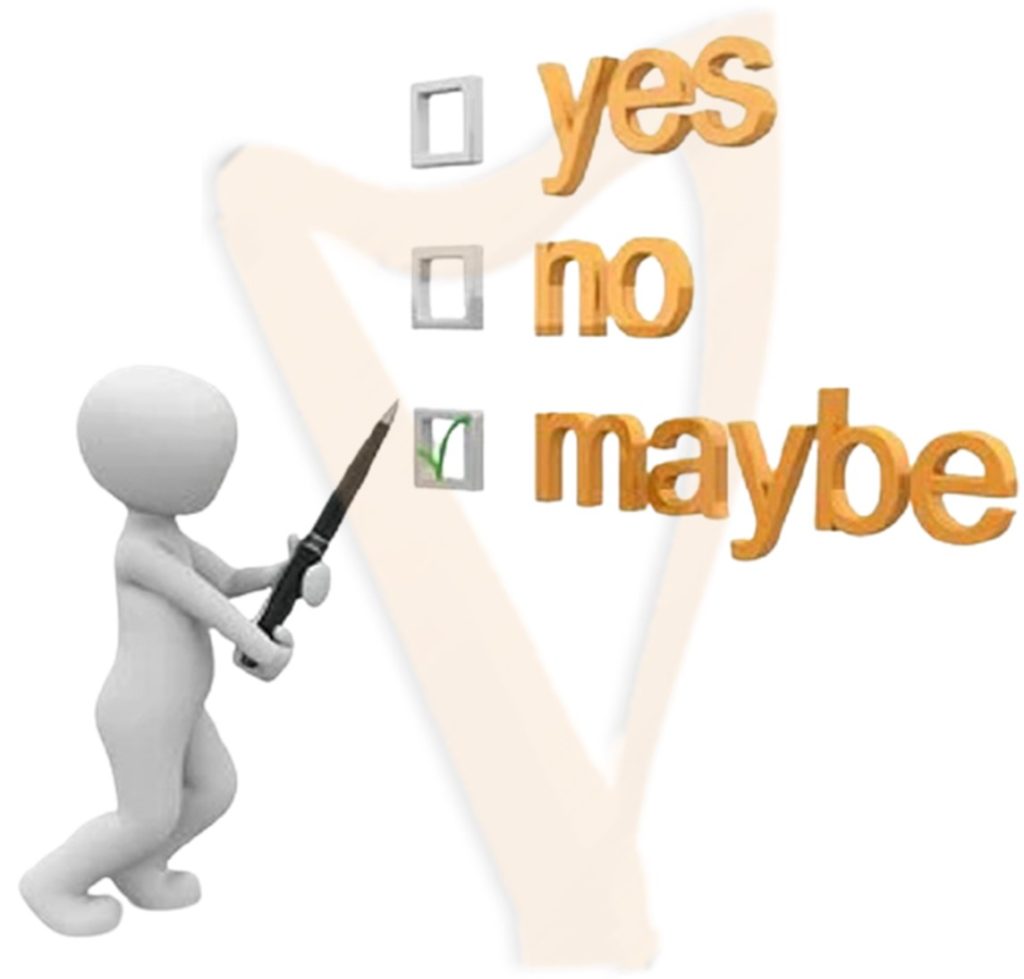 I try to be organized and to have a measured approach. I don’t always succeed. But I do always try. So, it’s about time for me to check. So far:
I try to be organized and to have a measured approach. I don’t always succeed. But I do always try. So, it’s about time for me to check. So far:
- I haven’t done very well on following my planned blog topics. I dutifully made a calendar of topics before the end of last year. I have actually been successful on all the holidays so far. But I don’t think any other posts so far have been to plan. There’s always some better idea that crops up. Or one of you asks me a question either via email or through the comments on the blog (yes, I do read them!). Or what seemed so clear and important then has either been overcome by events or just isn’t as captivating as it sounded when I was in planning mode.
- I have done better than I expected with some other things though – I have learned more music to date that I had planned. Ok, that’s double edged because I have learned a lot of things I hadn’t originally planned on learning, but I haven’t fallen as far behind on the things I had planned on as I expected! So, on balance, that’s good.
- I have not done as well on some extra-music-y stuff I wanted to do. I am very far behind on some creative projects that I wanted to take on. Of course, I didn’t have much of a plan for inserting that into my schedule beyond, “I’d really like to include doing these creative-y things”, so who’s surprised I’m not getting anywhere? (not me)
So what have I learned now that I’m in the middle of the second quarter? Here’s a list:
- I am fairly pleased with my productivity to date. I often feel like I’m not doing anything (or worse, wasting time doing pointless stuff). And I’m a little behind on a couple of things, way behind on one thing but a little ahead on some other stuff. That means I’m fairly balanced in terms of getting things done. This is especially exciting since so many things are in flux for one reason or another – ok, really on one reason is plaguing my planning. (why, yes, I can make a pun in the middle of all this seriousness!)
- What I didn’t build a plan for isn’t happening. Of the things I’m not doing, I’ll review whether I care. Because, if I haven’t left room for it, something will need to change. I will have to spend a little time exploring those ideas and see if they’re things I think I wanted to do (probably because all my friends are doing them or because they look like they’d be fun) but aren’t really priorities to me. Or if they’re things I’m a little afraid of, so I’m procrastinating (probably because I don’t know where to begin). Or if they’re just no longer important enough to spend time on. Once I know that, then I’ll know what to do – replan, postpone, or delete. What I won’t do is beat myself up for not getting to it.
- I’m going to spend a few moments rejoicing in the things I have done well on.
- Then I’ll review the rest of the year and see what needs to be tweaked. And what I need to add.
- And then I’ll get back to work!
How about you? How’s your stuff going? What do you need to change? What are you going to drop? Do you check in with yourself to see how it’s going? Let me know – I’m always curious!
* Before you ask, no, I do not have a list of the lists!
